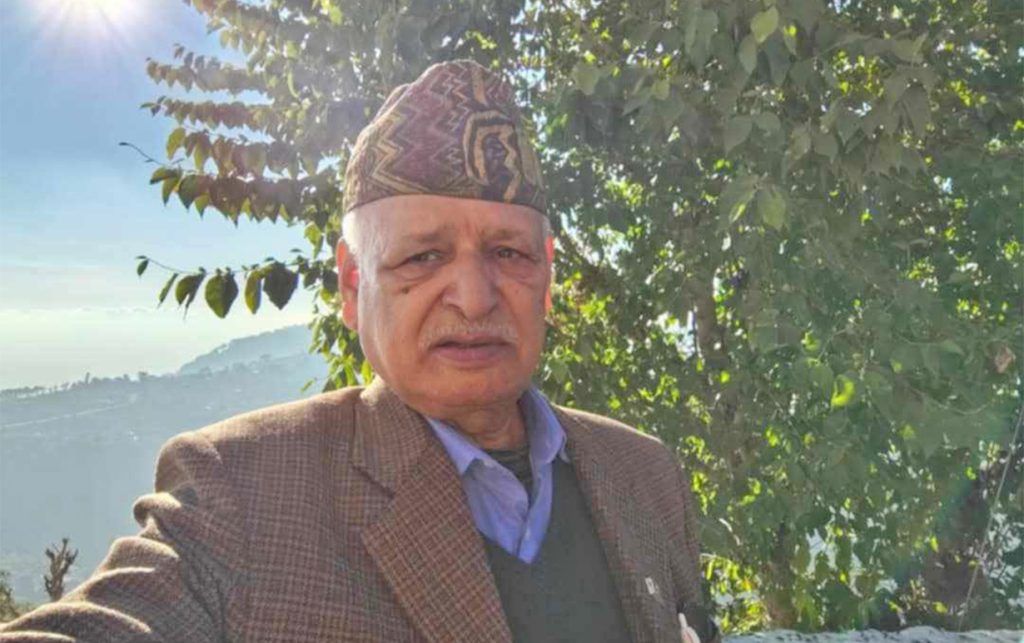
While scrolling through my Instagram reel feed, I encountered a deeply unsettling video on the toothpaste brand Colgate Nepal’s page. The video featured a doctor in an operation theatre, with a bed attached to his back. He checks an X-ray and asks a nurse whether the patient is scheduled for a kidney transplant, only to be reminded it’s an appendix removal.
The same doctor then proceeds to prepare for an appendectomy with the bed still attached to his back, clumsily smashing instruments during the process. He is then berated by the nurse, stating he would not feel fully awake until brushing with Colgate MaxFresh gel. After brushing, the doctor miraculously becomes refreshed, the bed and pillows vanish, and only then does he proceed to address the patient.
The misuse of the medical profession in such illogical and disrespectful advertisements profoundly offends every medical professional. Being a practising doctor, I immediately commented on the video, demanding that Colgate Nepal remove it and issue a public apology for hurting the sentiments of medical professionals. To my dismay, my comment, along with others criticising the advertisement, was swiftly hidden by the page which after our outreach, is finally back now.
Brands should be accountable

Determined to hold Colgate accountable, I reached out to their parent company, Colgate-Palmolive Limited, via email. The consumer affairs team of Colgate-Palmolive (India) Limited responded, claiming the video’s narrative was simply meant to illustrate how Colgate MaxFresh toothpaste provides a jolt of morning freshness. They added:
“The campaign reinforces the brand’s dedication to freshness and also serves as a refreshing reminder of the positive influence the product can have on individuals, even in the most demanding circumstances. Having provided you with our perspective, as notified in the advisory, the commercial is a dramatic representation (is not a statement of fact) and is not meant to disrespect any profession. Our sincere apologies for any inadvertent inconvenience/disappointment caused with the assurance that we shall continue to strive to meet your expectations out of our future campaigns.”
My social media team responded to the email, outlining the following points:
“You cannot defame any profession in the name of advertisement by hiding behind an advisory that no one will notice. The main issue lies in the video’s harmful influence! Are you suggesting these farcical situations actually occur inside hospitals? This video blatantly defames doctors and jeopardizes the crucial trust between doctors and patients. Instances of physical and verbal assault against doctors by patients, even when there is no negligence, are already a grave concern. Irresponsible videos like yours create a dangerous perception that:
1. Doctors are chronically dizzy and sleepy.
2. Doctors lack basic preparation before surgery, to the point of confusing appendectomies and kidney transplants – procedures performed by entirely different specialists.
3. There is a high likelihood of medical errors, and doctors bear sole responsibility for any unexpected outcomes due to a supposed lack of preparedness and freshness. This fosters a hostile environment for healthcare providers.”
This is an unacceptable act of negligence from a global brand. We are not living in the 17th century, where companies could advertise recklessly without consequence. Laws, ethics, and public sentiment must be respected. Deleting comments or citing a hidden advisory will not absolve you of responsibility for offending an entire medical community. I sincerely hope that Colgate will address this situation by removing the video and issuing a public apology for negatively influencing the public perception of doctors and surgeons.
Let’s be clear
Doctors dedicate countless hours to saving lives, often sacrificing their health, family life, and personal well-being.
To see our profession undermined in such a manner is deeply hurtful. Global brands cannot be allowed to disregard entire professions for the sake of advertising.






















